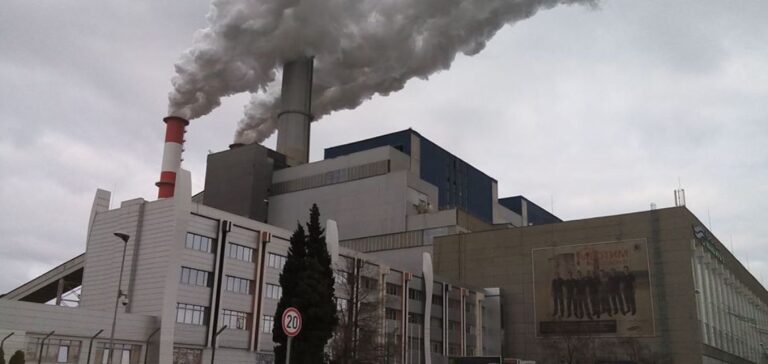The Stara Zagora Administrative Court has ruled against the Bulgarian state-owned Maritsa Iztok 2 coal-fired power plant. The ruling follows a complaint by Greenpeace Bulgaria and Za Zemiata concerning permits for excessive emissions of sulfur dioxide and mercury. This decision underlines the plant’s obligation to comply with current environmental standards in order to continue operating.
Environmental and health implications
Bulgaria’s southeastern region, home to the Maritsa Iztok 2 power plant and four other coal-fired power stations, suffers from chronic sulfur dioxide pollution. The judgment points to the failure to assess the total impact of emissions on human health and the environment. This situation highlights the dilemma between economic interests and public health protection.
A faulty authorization system
Environmental authorities are criticized for systematically violating legislation. The permits granted failed to take into account crucial pollution data, repeating the mistakes made at other plants such as AES-3C Maritsa Iztok 1 TPP and Contour Global Maritsa Iztok 3 TPP. This pattern of non-compliance reveals a flagrant lack of rigor in environmental management.
Consequences for the Maritsa Iztok 2 power plant
To continue operating, Maritsa Iztok 2 has to undergo a new licensing process in line with modern pollution standards. Possible solutions include reducing the plant’s capacity or limiting its operating hours. Currently, the plant is operating at around 30% capacity, reflecting its difficulties in finding buyers for its expensive electricity.
The economic viability of Maritsa Iztok 2 is in doubt. The plant, which enjoyed a brief moment of profitability in 2022 thanks to the energy crisis, now depends on the state for survival. This dependence highlights the urgent need for reforms in Bulgaria’s energy sector, including the decommissioning of fossil fuel capacity.






















